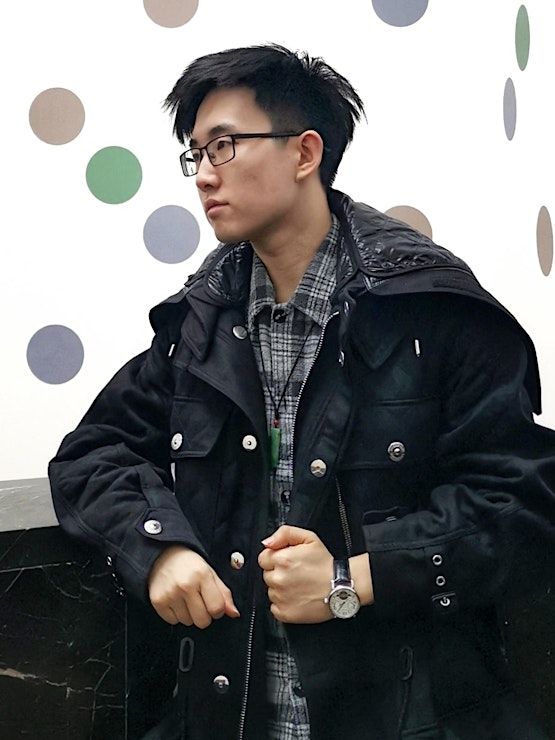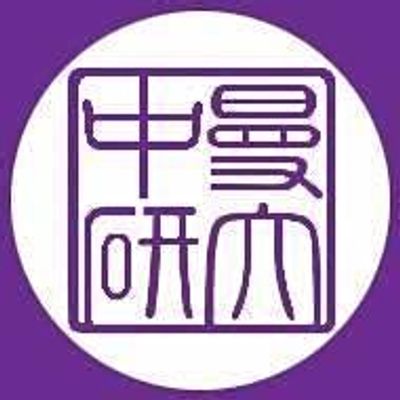![DONG HAN: Matteo Ricci\u2019s 1608 World Map at the Ming Court [PGR]](https://img.evbuc.com/https%3A%2F%2Fcdn.evbuc.com%2Fimages%2F931328373%2F287584058748%2F1%2Foriginal.20250109-093205?auto=format%2Ccompress&q=75&sharp=10&s=5687248965b99f62e9a198693a4abc1e)
About this Event
In 1608, the Jesuit missionary Matteo Ricci, under Emperor Wanli’s commission, presented a refined version of his 1602 Kunyu wanguo quantu to the Ming court. This map retained its original cartographic depictions and textual contents, including Ricci’s colophon describing it as a device for woyou (臥遊, lit. ‘reclining wander’) or visual meditation on heaven and earth in the study. However, it also introduced new illustrations of ten ships and twenty-three terrestrial and marine creatures. These additions framed the oecumene as a realm of natural wonders, subtly demonstrating European mastery of global knowledge while inviting the emperor to marvel at lands beyond China and consider European culture and Catholicism.
While Ricci’s world maps have been extensively studied, the spectatorship of the 1608 map—particularly the role of these added illustrations in engaging the Wanli Emperor—remains underexplored. Situating the map within early modern maritime and natural history traditions, this research examines how its visual elements were designed to captivate the emperor and advance Ricci’s missionary objectives. By analysing Wanli’s intellectual and political character alongside late-Ming image-viewing practices, this study re-evaluates how Jesuit visual devices mediated a cross-cultural understanding of the world through imperial spectatorship at the Ming court.
ABOUT THE SPEAKER
Dr Dong HAN, who prefers to be called Tsi Cong, recently completed his PhD in Art History at the University of Warwick, funded by the Warwick Art History Departmental Bursary. He holds a BA in Art History from the China Central Academy of Fine Arts and an MLitt in Art History from the University of St Andrews. His research focuses on intersections between image and knowledge, global art and visual culture, and Chinese Jesuit art, with an emphasis on Sino-European cultural exchanges in the early modern period.
He has published on topics including the Nuremberg Chronicle, early modern cosmology, and contemporary Chinese art, and has presented at major conferences such as the Renaissance Society of America, the British Association for Chinese Studies, and the 35th CIHA Congress. In addition to his academic work, he engages with public audiences by offering online lectures on art history.

ABOUT THE PGR WORKSHOPS
MCI’s PGR workshops are lunchtime seminars held in person at the Manchester China Institute. They seek to bring together students, faculty, and staff who can best provide feedback as postgraduate researchers develop their ideas. Free lunch will be provided.
Accessibility
The MCI is a listed building and therefore does not have any lifts. Please note that you must use the stairs in order to access the venue and the toilets.
Photography
The organisers will be taking photos during this event. If you prefer not to be included in any photos, kindly inform the organisers before the event starts.
Event Venue & Nearby Stays
Manchester China Institute, 178 Waterloo Place, Manchester, United Kingdom
GBP 0.00









